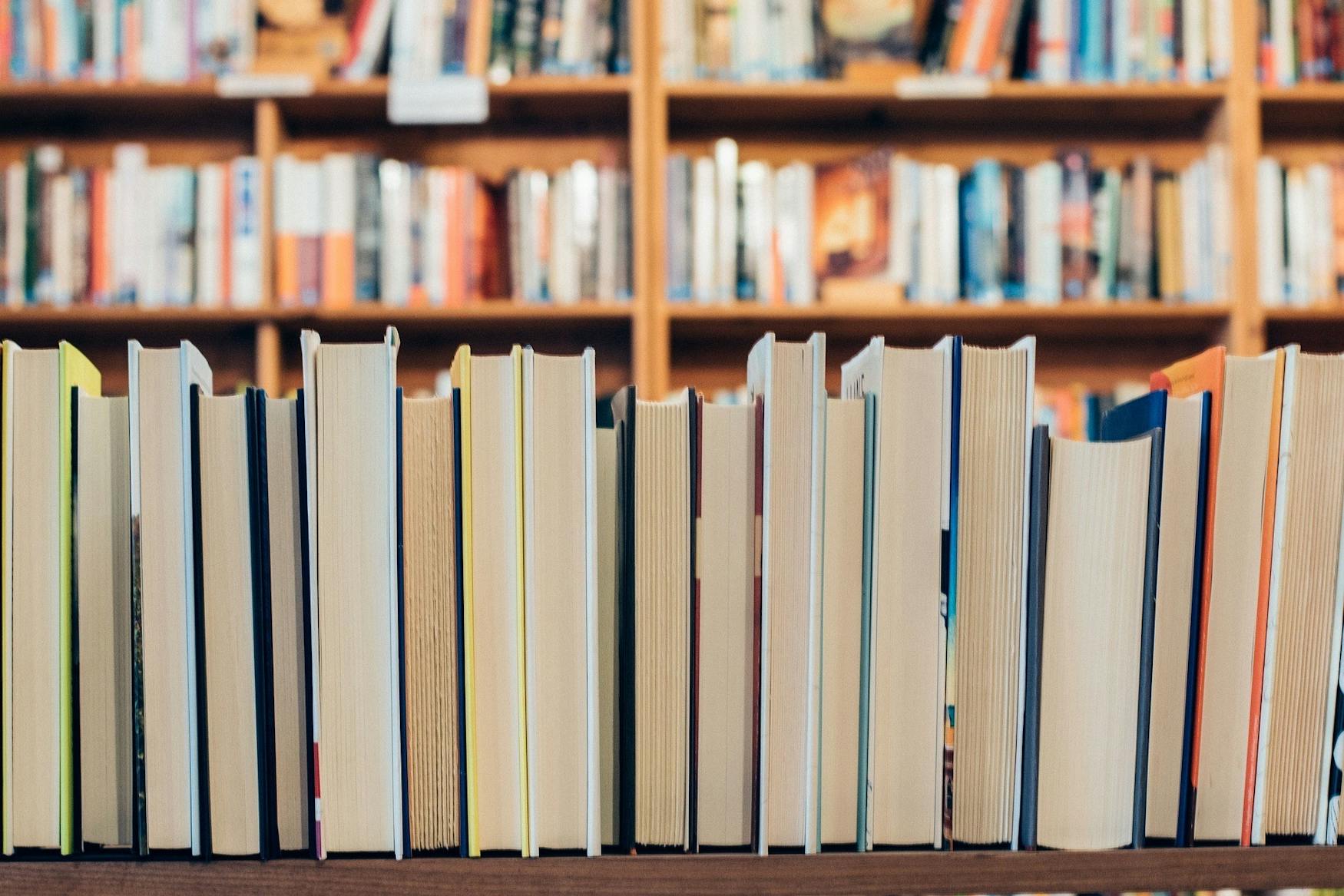The Waltham Public Library begins a project to collect residents’ experiences with COVID-19
The Justice spoke to Claire West ’21 and Emory Peng ’23 about their involvement in the project
A crucial part of the Waltham community, the Waltham Public Library has continued to host virtual events for the general public — including yoga for kids, family concerts and book club meetings — despite the challenges presented by the COVID-19 pandemic. Founded in 1915, the library is a “fully-funded community hub, fostering a healthy democratic society by providing a wealth of current informational, educational and recreational resources free of charge to all members of the community,” per their website. Recently, the library has also embarked on a new project focused on sharing the effects that COVID-19 has had on residents of Waltham and the Greater Boston area through the collection of multimedia submissions. The project, which began earlier in the summer, is headed by Dana Hamlin, the library’s archivist.
Claire West ’21 and Emory Peng ’23, who are coordinators for the Waltham Group, got involved in the project as part of their volunteering activities this summer. “We got connected to Dana … and so she talked about how she wasn't getting very many responses," West explained during a Sept. 19 Zoom interview with the Justice, “so we have been helping advertise.” Peng and West have done this primarily by sending emails to alumni networks and Brandeis listservs. “We’re hopefully going to reach out to some other humanity organizations in Waltham,” West added. So far, their efforts have increased the number of submissions Hamlin has received.
With the submissions collected, Hamlin hopes to create a showcase or display open to the community. Then, all submissions will be stored in an archive for 75 years, so future generations can use them as a resource to better understand how life changed for people during the pandemic.
“It's a really cool project. I think it's beautiful that [Hamlin] is doing it for the Waltham and greater Boston area specifically,” Peng stated. For the 1918 Spanish flu pandemic, only records from certain countries have been preserved, she explained, so current Waltham residents are not able to look back on what past generations in this area experienced during that time.
Conducting this project in Waltham is particularly interesting because of the diversity of its population. Per the U.S. Census Bureau, 72.7% of the Waltham population is white, 13.5% is Hispanic or Latino, 7.7% is Black, 11.4% are Asian and the rest are mixed race. The income levels for Waltham’s population is similarly varied, with 10.9% of citizens currently living in poverty. As West pointed out, “I think the average income is growing here but there still is such a mix, and housing has been a really big issue” during the pandemic. Indeed, the economic challenges brought about by the pandemic have severely impacted homeless people in the area, who are now faced with limited access to food and housing services that were previously available.
Additionally, small businesses have had to overcome the financial strains placed on them by stay-at-home recommendations, and restaurants have had to adjust to social distancing guidelines, with many of them transitioning to delivery services instead of in-person dining. While most restaurants are currently able to provide outdoor seating, it is still unclear what will happen as the colder season begins. As the situation continues to change, individuals’ testimonies and recollections of this era will only become more crucial. Submissions by Waltham’s diverse community will help provide a more well-rounded assessment of the city’s response to the pandemic in years to come.
The Waltham Public Library is not the only library conducting a project like this one. The Glen Ridge Public Library, located in Glen Ridge, New Jersey, is also collecting stories from local community members, as is Pennsylvania State University’s Archives and Records Centers. For those wishing to submit their media to the Waltham Public Library, a Google form is available.




Please note All comments are eligible for publication in The Justice.